The keys to understanding the unrest in the UK
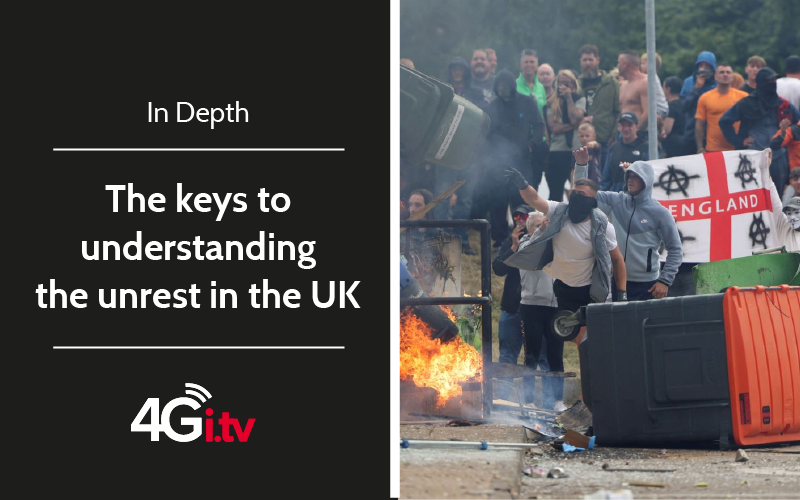
More than 20 towns and villages have seen pitched battles, looting and clashes with police in what is the first crisis facing the newly arrived prime minister, Keir Starmer.
Just over 24 hours after the knife murders of three girls and the attempted murder of at least five others and two adults in Southport, a town in the north of England, an unprecedented spree of violence and rioting has begun.
The images are reminiscent of the five tragic days in August 2011 when angry crowds took to the streets over the death in London of African-American man Mark Duggan after a clash with police. At the time, the demonstrations began in the British capital and quickly spread across the country.
5 axes to explain the revolt
A key element of disorder in the UK is motivation. The anti-immigration stance of part of the population makes the reality more complex and nuanced. This anti-immigration sentiment has been growing, sometimes quietly, and has not been resolved by governments. But what does immigration have to do with unrest? Let’s look at the following points:
- The trigger
The murder of the girls was the trigger for the crisis. The riots have become so violent that they quickly displaced from the news the tragedy experienced by the girls’ families, the state of health of the survivors and the commotion in the area.
A few hours after the multiple murder, speculation began on social networks about the identity of the killer, who was initially protected by the justice system because he was a minor.
Messages claimed that he was an immigrant who arrived in the UK on a boat in 2023, while others claimed that he belonged to the Muslim community.
Such was the level of speculation that the judiciary lifted the veto on legal restrictions to reveal the name of the alleged perpetrator: Axel Muganwa Rubakubana, 17, born in Wales to parents originally from Rwanda.
It was in Southport itself, near the murder’s holiday club, that the rampage began. These were apparently organised online. Their backbone takes place on platforms such as X, Telegram or TikTok, where hostility against immigration is promoted uncensored in groups and publicly, without differentiating between regular and irregular immigration.
- The context
Before the Brexit referendum in 2016, immigration figures were already high. The promoters of the divorce with the European Union promised that Brexit would end the free movement of European citizens and as a consequence immigration would fall.
However, four years after the separation materialised, inflows (legal or irregular) are growing daily with the arrival of workers, students and small boats across the English Channel.
Official figures reveal that 685,000 people arrived legally in 2023. So far in 2024, more than 14,000 people have entered the country irregularly.
On the streets of the country it is repeated, for example, that the number of immigrants makes it impossible to have a medical appointment in the National Health System (NHS). This kind of narrative has been pushed by the far-right activist Tommy Robinson, whose real name is Stephen Yaxley-Lennon, leader of the English Defence League and who has almost a million followers on the X network.
Robinson, who had his account on the social network restored by Elon Musk after it was suspended, has been identified as one of the potential inciters of the current riots.
‘He is a staunch advocate of the ‘two-tier’ theory, the idea that white Britons are policed more harshly than ethnic minorities in the UK, and he is explicitly anti-Islamic, peddling fake news about Muslim rape, immigration and, last week, the fake news that the Southport suspect was a Muslim,’ argues The Times.
This two-tier policing theory is also shared by Reform UK leader and Brexit ideologue Nigel Farage MP.
The unrest against migrants reached the dangerous point where two hotels in Rotherham and Tamworth, in the north of England, where those arriving and awaiting a response to their asylum claim live, were almost destroyed by an angry mob.
In this complex debate, government spending on accommodation is a key issue for action. The Executive pays £8 million a day on accommodation for the nearly 36,000 migrants awaiting an asylum response.
The director of the Crime and Justice Studies centre, Richard Garside, explained to France 24 en Español the ‘full picture’: there is ‘a toxic immigration policy and a concern that people have, rightly or wrongly, that there are too many migrants coming into the country’.
Garside adds that ‘the riots come at the end of a Conservative government that was quite unpopular, that had austerity policies that left many communities facing high youth unemployment, a culture of hopelessness and ignored by the government’.
- Who is facing
The prime minister did not hesitate to call those involved in these disorders ‘extreme right-wing thugs’, but the truth is that there are several profiles mixed together.
In addition to those who defend their extreme ideas, there are those who legitimately demand measures against illegal immigration.
In Plymouth on Monday night, for several hours, anti-immigration campaigners and anti-racists clashed. Again, attacks on police with blunt objects were the norm.
- The effect of misinformation
Confusion and division are king in crises. The initial rumour of the origin of the killer in Southport has been followed by, among others, alarming images in Birmingham, in the centre of the country, where the Muslim community took to the streets, some with their faces covered and with sticks, to, what they called, ‘protect themselves against possible attacks’ that had been called for, apparently, by social networks and internet groups.
The wave has included attacks on businesses and harassment of journalists. Some were even threatened during their live broadcasts. The government is therefore very concerned about the effect that social media and internet platforms are having and demands accountability from their owners.
Keir Starmer warned that online crime will be treated as offline crime. And away from the streets, the prime minister is having his own controversy with X owner Elon Musk.
The billionaire has dedicated several messages on his network to the delicate situation in the UK.
Musk started by claiming that ‘a civil war is inevitable’. The government replied that ‘there is no justification for such comments’, but it did little to convince him.
- The government in the midst of the controversy
In addition to Musk, who has also echoed the ‘two-tier policing’, Prime Minister Starmer has been heavily criticised for the ineffectiveness of his measures. In his various public appearances since the riots began, the prime minister has focused on repeating in different tones his message: those who participate will regret it.
However, the deterrent effect has been nil. Hours after his warning, the streets were ablaze again.
He is also criticised for his tardiness in convening the authorities and intelligence agencies to take action.
In the longer term, expert Garside believes that the “government needs to think about the deeper causes that led to this disorder. Undoubtedly, much of it was inspired by the far right and racism, but not all of it”.
Meanwhile, different political sectors agree that the government should send the army to the streets to control the public order situation. So far, that option is off the table.
ENTRADAS POPULARES
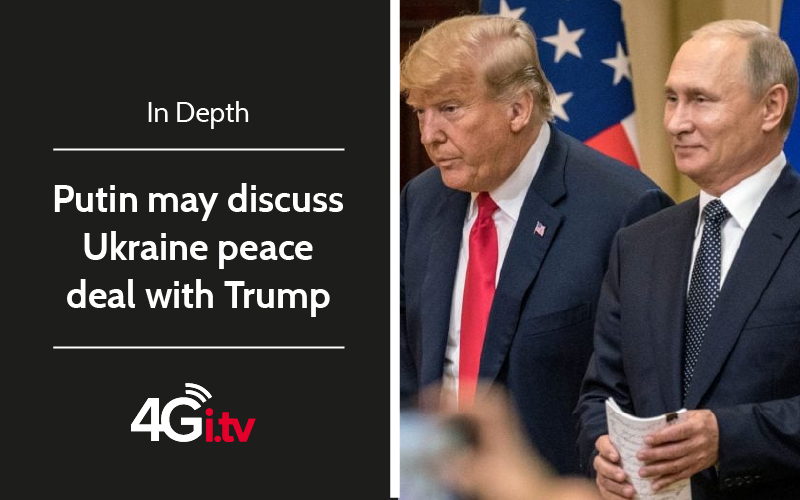
Putin may discuss Ukraine peace deal with Trump
noviembre 22, 2024
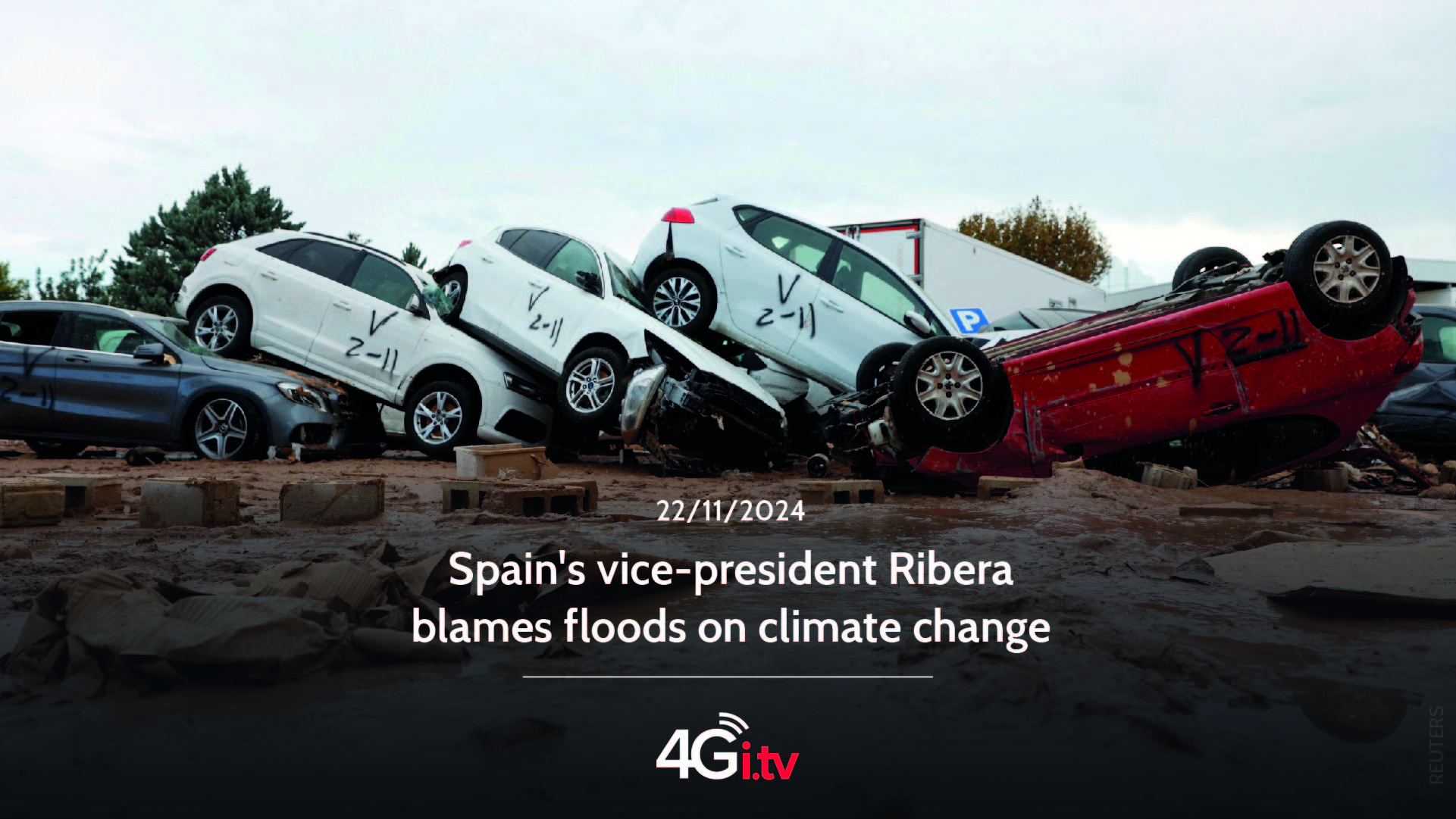
Spain’s vice-president Ribera blames floods on climate change
noviembre 22, 2024
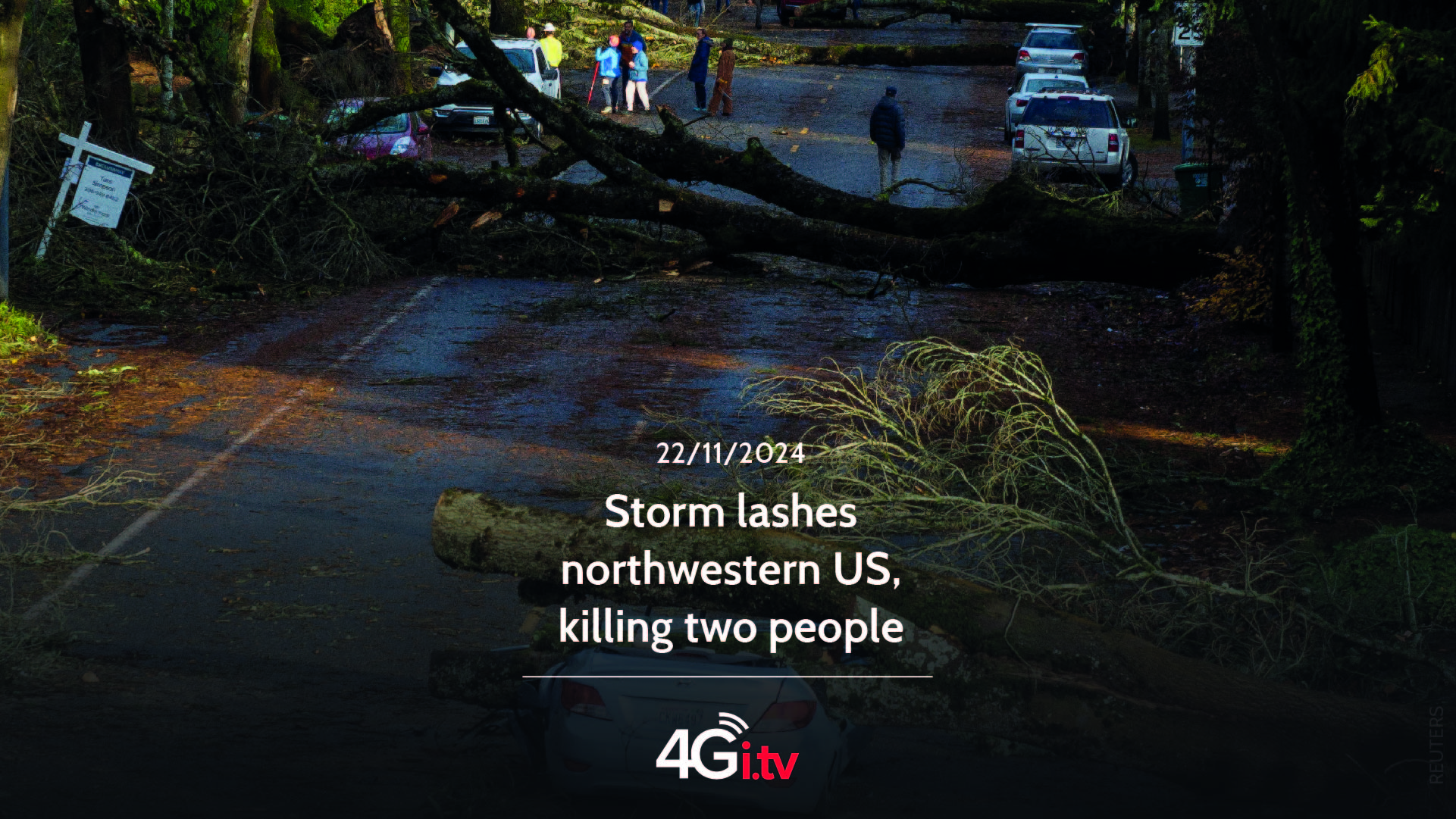
Storm lashes northwestern US, killing two people
noviembre 22, 2024
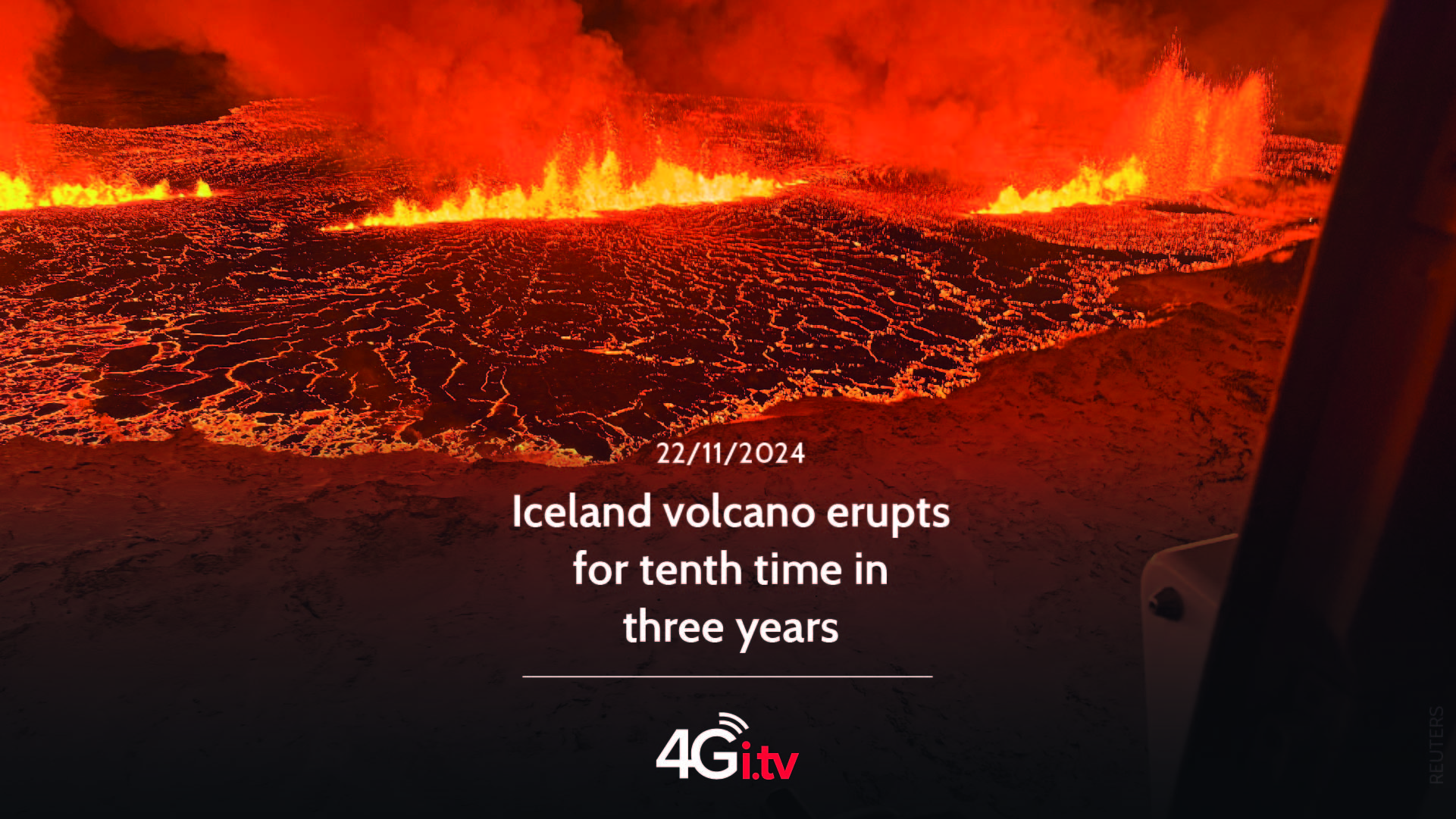
Iceland volcano erupts for tenth time in three years
noviembre 22, 2024
TRANSMISIÓN EN VIVO



